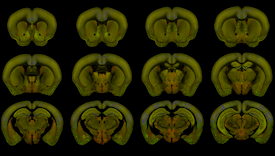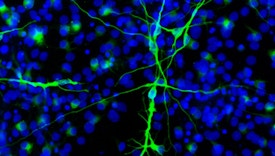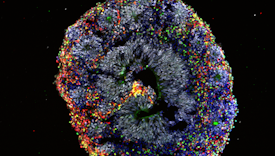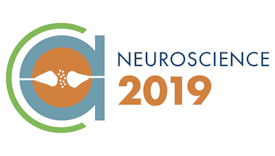
Flora Vaccarino leads a multidisciplinary research group working toward new directions for the study of mammalian brain development, particularly human, using stem cell models and genomics as tools. Vaccarino has been studying brain development in animal models for over 20 years, which has been instrumental in developing an ‘organoid’ model of human brain development, where human induced pluripotent stem cells (hiPSCs) grown in tridimensional cultures recapitulate the early development of the human cerebral cortex (Mariani et al., Proc. Natl. Acad. Sci. USA, 2012; Mariani et al., Cell, 2015; Amiri et al., Science, 2018).
Vaccarino’s laboratory has recently been focused on characterizing cellular phenotypes, transcriptomes and regulatory elements of hiPSCs and their neuronal derivatives using advanced genomic technologies. Vaccarino is part of the PsychENCODE consortium, where her group’s role is to use organoids and fetal human brain tissue to study transcriptional and epigenetic mechanisms regulating neural stem cell differentiation into diverse neuronal types. The laboratory is also using organoid models to study the relevance of these early regulatory mechanisms for the pathophysiology of autism and Tourette syndrome.
Another area of interest is the study of somatic mosaicism in normal brain development and cell lineage formation (Bae et al., Science, 2018). Vaccarino is part of the Brain Somatic Mosaicism Network, a multisite consortium that studies somatic mosaicism and its implication for human development and various diseases. Ultimately, Vaccarino hopes to use both animal and human tissue, in addition to experimental model systems, to elucidate normal development and the pathophysiology of neurodevelopmental and psychiatric disorders.



